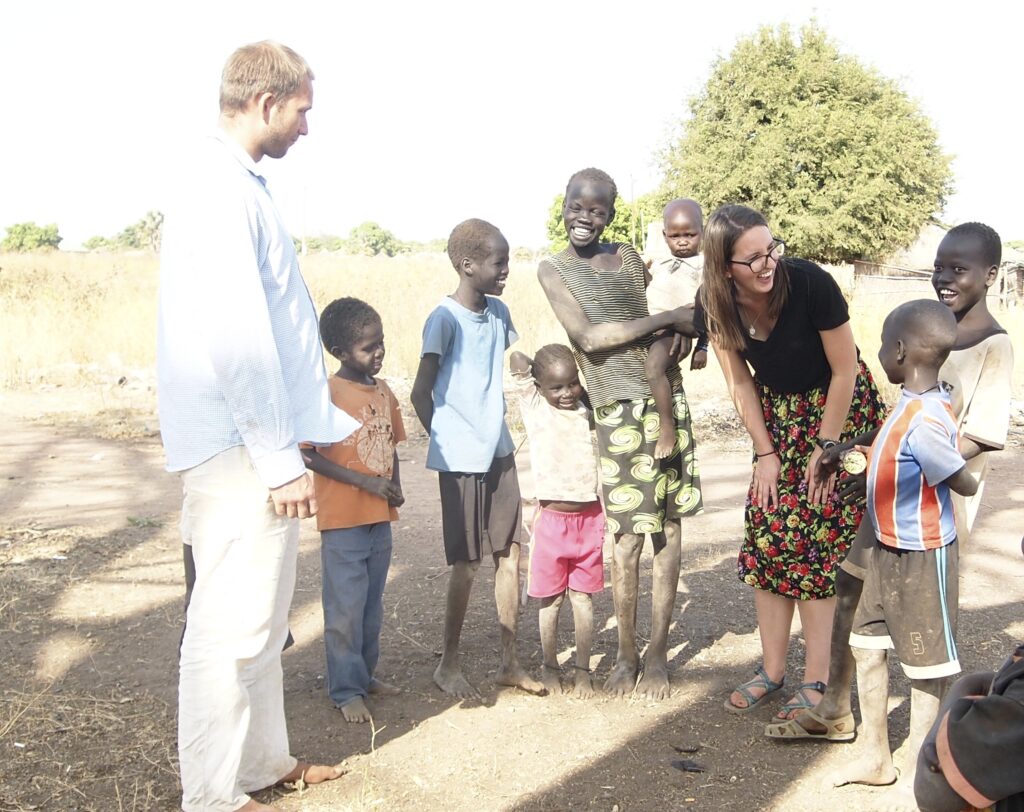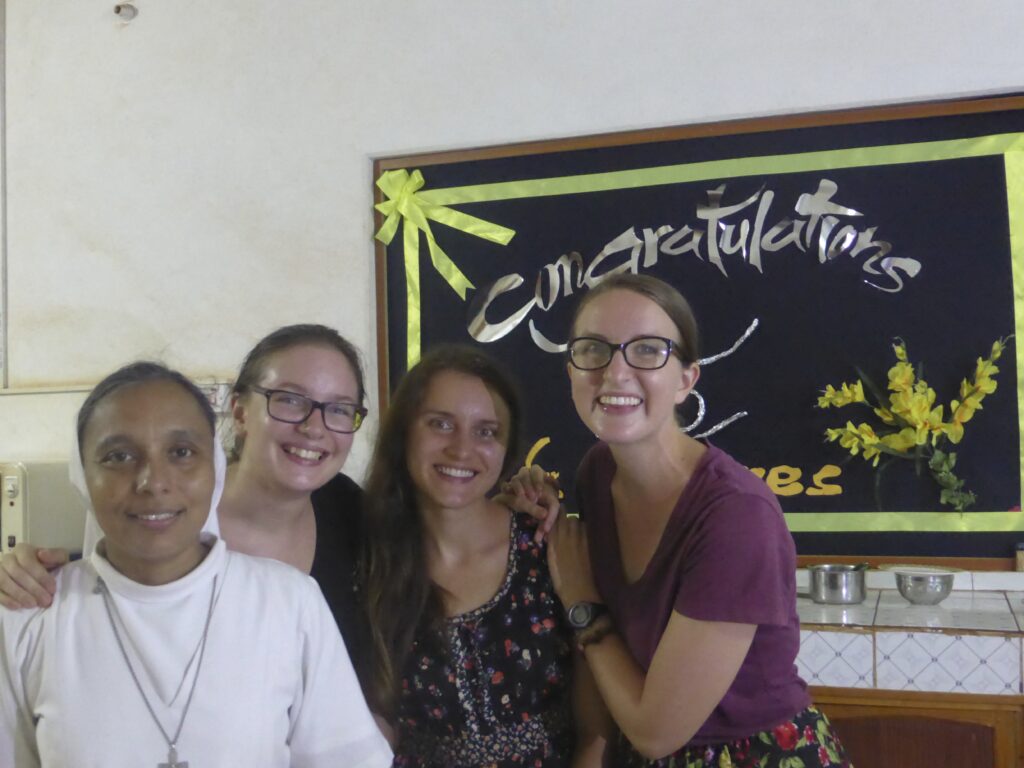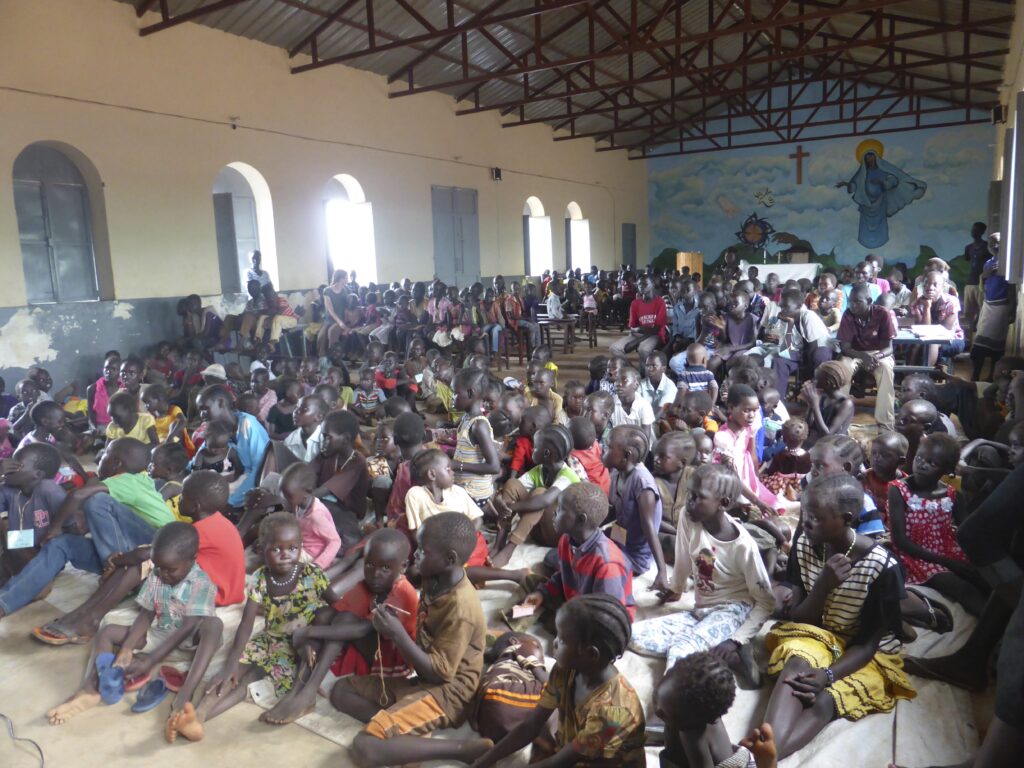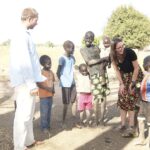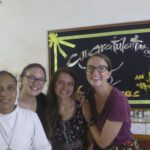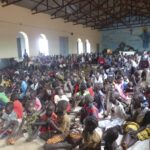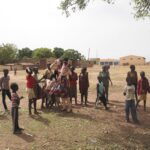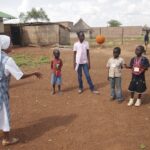Catholic Mission Wau
Site Overview
Located in the vibrant but fragile city of Wau in Western Bahr el Ghazal, South Sudan, the Catholic Mission is a beacon of hope in a region marked by conflict and humanitarian need. Salesian missionaries, supported by the Sisters of Mary Help of Christians, run vital social services including a health clinic affiliated with Wau Teaching Hospital, youth outreach programs, education initiatives, and a triage center for COVID‑19 management (aciafrica.org). These projects extend beyond the city—mobile clinics and refugee camps serve thousands displaced by civil war, providing emergency healthcare, malaria treatment, food aid, and water access across rural communities.
Volunteers at Wau have the opportunity to engage deeply in clinical support, health education, community outreach, and youth and educational programming. Whether assisting in the triage facility, visiting displaced families, supporting refugee integration, or tutoring children at primary and secondary levels, volunteers are immersed in a Salesian community committed to dignity, resilience, and solidarity. Volunteers live among the Sisters and Brothers, sharing daily life, prayer, meals, and a mutual commitment to serving South Sudan’s most vulnerable—a profoundly transformative mission context for those drawn to humanitarian service, pastoral care, and global solidarity.
Available Ministries
- Education
- Teacher (Primary)
- Vocational
- Motorcycle & Auto Repair
- Healthcare
- Dentist
- Nurse & Nurses Aide
- Physician
- Parish
Current Volunteers
Ministry Background
The Salesians have been working in Wau since 1983. The civil war damaged much of the area through the years there, but even so, the sisters have repaired enough to live and educate the children by providing them the access to health and nutrition programs. It was almost impossible to construct and reconstruct buildings during the war; however, now that peace in the area has come about, it is provoking the return of many people who had fled. This “return to their origins� movement has, in turn, increased the number of children in the schools. Some of the land in which the schools are located were once used for the military – but the Sudanese government has been withdrawing more and more of their presence from the area. Auxilium and St. Joseph schools are places where the kids can go and receive a quality education from the Salesian sisters which, in turn, gives the children a chance to better their country and their lives. There is also a great need for healthcare in the country. Many people do not have the money to pay for healthcare around the city. The dispensary (clinic) run by the sisters offers care to hundreds of people a day at an affordable price.
Purpose & Objectives
In Wau there are two primary schools run by the Salesian sisters, a vocational training center run by the Salesian fathers, a parish, parish schools and a health center with the following activities: Outpatient department, Mother and child health program, Under five clinic, Nutrition program, Health education program, Immunization program, Outreach program in 9 centers, Community health workers training program, Nurse training program There will be a dental care unit opening soon. There is also a need for an eye clinic.
Programs, Activities, & Other Projects
The sisters also run an oratory in a nearby village every Sunday. They provide catechism lessons, games, activity and prayer for hundreds of children. They also help with various parish activities alongside the Salesian priests.
Duties & Responsibilities
St. Joseph or Auxilium: Teaching and administrative duties. Volunteer could teach classes and also help with office staff- organizing teachers, planning school events, preparing exams, helping with school fees, etc. Sikka Hadid Dispensay: If nurse or medical staff, they will spend time with patients. Any volunteer in the dispensary will help with administration, cashier, accounting, sending emails for funding and donations, planning meetings, running errands around the city, etc. All volunteers have a free day on Saturday, unless there is a special event that they need to help with. Each day, they are finished with their work between 3 and 5 PM.
Practical Qualifications/Skills Needed
It would be preferable to have volunteers be knowledgeable in any of the following: teaching, medical professional, administration
Useful Academic Preparation
Experience that would be helpful would be: any previous exposure to the developing world, especially in Africa, relevant work experience to the particular skill, and working in community.
Useful Experience
Personal Quality: adaptability, sociability, tolerance, love of children, strong faith, patience Professional Quality: ability to apply technical knowledge to the local situation
Special Challenges/Conditions
The condition of the place is very poor. No electricity, no public transport and poor communication facilities, but the sisters have wifi in their compound. The climate is rather hot and humid and it rains from June to November. The primary need of the area is Education and Health Care.
Involvement with the religous community
Area Information
The condition of the place is very poor. No electricity, no public transport and poor communication facilities, but the sisters have wifi in their compound. The climate is rather hot and humid and it rains from June to November. The primary need of the area is Education and Health Care.
Involvement with the greater community
Since there is no electricity, the power comes from solar. In the evening hours generator will function for about 2 hours to run the devices that take more power (stove, iron, washing machine.) It is a hot place and the home has no working fans. The area is undeveloped, but there are still many opportunities for the volunteers to participate in.
Special Challenges & Conditions
The political situation in South Sudan is not stable, but the volunteers would never be forced (or allowed) to stay in a situation that is unsafe for them. The sisters have many contacts and the volunteers could be sent to another place if an emergency arose.
Housing & Community
Live with Religious
Room
Bathroom
Launder
Any common sickness-cold, malaria, typhoid, UTI, cough, etc. can be treated at the sister’s dispensary. For something more serious there is a hospital run by the Camboni sisters nearby. If complicated treatment is necessary, the volunteer will likely be flown to another county.
Access to ATM
Local Medical Facilities
The diet consists mainly of rice, pasta, bread, fresh fruits, beans, maize, ground nuts, meat (mostly beef or goat), fish, etc.
